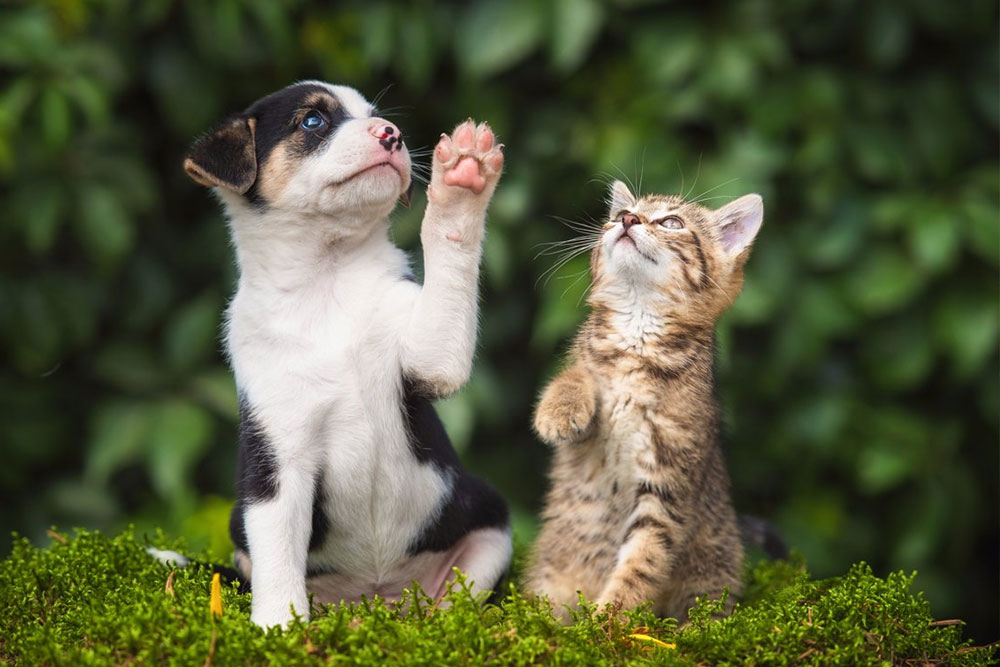
Buying a cat or a dog?
If you are planning to buy a pet dog or cat, it is important that you make some basic but important checks.
Contents
Do not buy a cat or dog from unknown sources – It’s important that you know where it comes from and where it was born. Be particularly careful when buying dogs or cats advertised on the internet or through local media such as a newspaper.
Illegally imported dogs and cats may not only carry diseases such as rabies but may also be advertised in a way that misleads the buyer regarding the animal’s history, breed or pedigree.
Guidelines to follow when buying a cat or dog
You can play a part in fighting the illegal trade in pet animals by following some simple guidelines. If you are planning to buy a cat or dog:
- Buy your animal from a reputable supplier – advice on buying a dog or cat is available from a range of animal organisations, such as Dog Advisory Council, Kennel Club, the Dogs Trust and the RSPCA
- Check the animal’s history by speaking to a previous owner – if you are buying a puppy or kitten, you should ask to see it with its mother and the rest of the litter.
- View the animal and its documentation before you buy – if it was born outside the UK it must have either a pet passport or a veterinary certificate. The pet passport needs to confirm that it was vaccinated against rabies at the correct age, according to the manufacturer’s data sheet (normally at three months of age). For dogs, the passport should also show that it has been treated for tapeworm.
- If you have any doubts about an animal speak to your vet before agreeing to buy it.
- Defra encourages those interested in buying a puppy to read through the Puppy Information Pack by the RSPCA and Animal Welfare Foundation and to use the puppy contract to help you get as much information about your new pet as possible. It is a commitment between both you and the seller that you have the welfare of the puppy as a priority. This will help you have a healthy puppy that will be a companion for many years.
Trade in illegally imported cats and dogs
We know that some people are buying and selling dogs and cats that have been imported illegally from abroad. This trade puts the health of the animals, and the general public, at risk from diseases including rabies.
The UK has been free from rabies for many years. However rabies is still present in many countries across the world. This is why the UK has importation controls for pet animals. These controls are designed to stop rabies and other exotic diseases from being introduced into the UK.
All dogs and cats must be microchipped and vaccinated against rabies before entering the UK. Vaccines are not effective in very young animals. Different manufacturers produce vaccines that need to be given at slightly different ages. The minimum age will be prescribed in the vaccine manufacturer’s data sheet but is normally three months. In addition all dogs must be treated for tapeworm.
If your new pet is found to be illegally imported and non-compliant with disease control rules, then you may find yourself having to pay for costly quarantine and veterinary bills. If you are unable to meet these costs, this may leave the local authority with no option other than to euthanase (put down) the animal.
Your local authority may conduct an investigation into potential criminal offences. You could become a witness in any further enforcement action.



